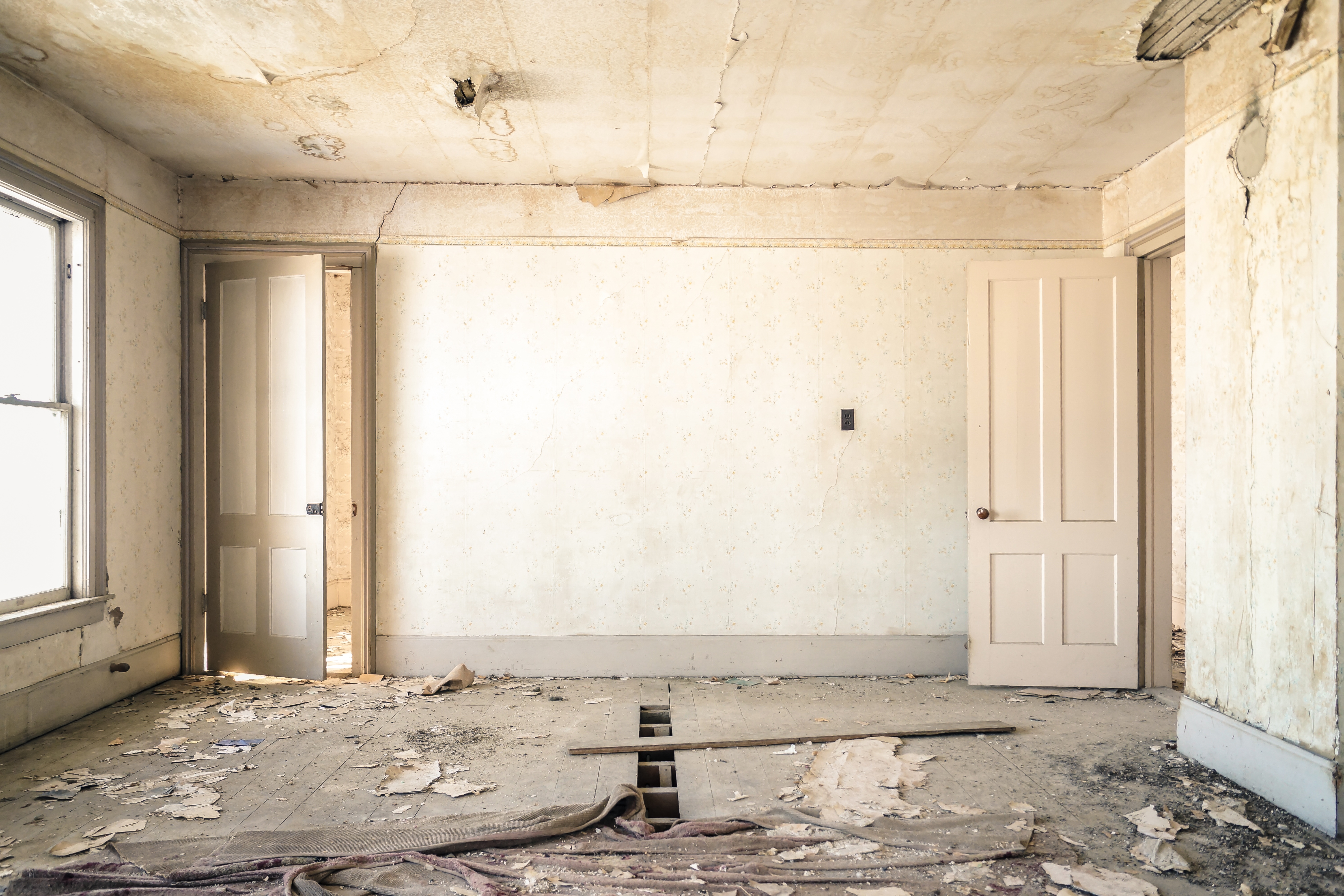If you’re new to the investment property game in Chicago, you’ve potentially created your apartment leases based on a few different ones you saw online or signed yourself when you were a tenant. Times change, though, and it’s important to craft lease agreements that are tailored specifically to your units as well as the most common issues that arise in the city you own investment property in. A lot of new landlords tend not to customize their leases, which can lead to problems. As a property management company in Chicago, we at Lofty understand what loopholes and gaps in lease agreements can hurt landlords and property owners, and we work to ensure that our clients are protected. When you write up your leases for your tenants, be sure to include these five key points to make sure everything is covered.
1) Who’s Responsible for Rent in Multiple-Tenant Units
If you rent units that are multiple bedrooms, be sure to put clauses in the lease that dictate that even if one person moves out, the total amount of rent will still be due. One common mistake that new landlords make is forgetting to add these clauses. This can cause problems and arguments with confused tenants, who were under the impression that if one person moves out, the remaining tenants will only be responsible for their portion. Of course, this leaves the landlord in a jam and can cause a loss of profit, so it’s essential to put a stipulation detailing how if someone moves out, the remaining tenants will still be required to cover the rest.

2) Clear Terms of When the Lease Starts and Ends
Some landlords forget that when they write out a lease, they will need to write in exactly when it starts and exactly when it ends. Without specific dates, a tenant may try to argue that their lease started later and therefore will end later—this can cause a landlord to run into problems stemming from showing the apartment and signing a new tenant to lease it, only to learn that the current tenant has no intention of leaving. If this happens, the landlord may be at the mercy of common law, which, at least in Chicago, tends to favor tenants. Be sure to include the specific start and end dates of your leases so that tenants don’t try to overstay their welcome or dodge rent increases.
3) What Repairs the Landlord and Tenant are Responsible For
Some tenants think that their landlords are responsible for every little repair, down to replacing burned out lightbulbs. If you want to avoid fielding phone calls about things like that, make sure that you dictate what you are responsible for and what your tenant is responsible for. Some landlords will put in a stipulation of a dollar amount—for instance, the landlord is responsible for any repairs that cost more than $25—while others simply suggest calling the property manager to discuss any maintenance issues. Whatever your preference is, make sure that your lease tells your tenants exactly how to manage any problems they have with the property.

4) Limits on Occupancy and Subletting Rules
In the current age of short-term rental sites offering housing for vacationers in popular cities, the convenience for travelers can turn out to be a nightmare for landlords. Because these short term renters from sites like Airbnb are not background checked, it can open your tenants and your property up to vulnerabilities and damage. Be sure to write into your lease whether you will allow situations like this to happen, and if not, be sure to outline what will happen with tenants who violate the terms.
Be sure to outline who is allowed to stay in the unit, as well. Some problems arise when a tenant has someone come live with them off-lease, and then the new unauthorized “tenant” causes trouble or damages the apartment. Without regulations about who is allowed in your rental properties, the cost for solving these problems can come back to you. When you outline who can live on the premises, however, the tenant is then responsible for any issues their guests cause.
5) Illegal Activity and Eviction Grounds
Finally, many new landlords forget to put in their lease what will happen in the event of a tenant being found to be participating in illegal activity. Some tenants think that because it’s “their” space, it doesn’t matter what they do, so long as they do so indoors. However, this is not the case. If you find yourself needing to deal with a tenant who is breaking the law by, say, doing drugs in their apartment, it is much easier to do so by presenting evidence that they’re not just breaking the law, but that they’re breaking the terms of their lease and as such are voiding the validity of their rental contract.
Include outlines of what will cause tenants to be evicted, as well. This can help prevent any surprises to tenants and can help minimize conflict.

Need Help Drafting Your Rental Agreements?
If you’re struggling with your investment properties and need help putting together a complete rental agreement that covers all of your bases, working with a property management company in Chicago can be extremely beneficial. At Lofty, we’re dedicated to working with all of our clients so that they don’t have a schedule full of busy work. We want people to enjoy owning investment properties–as such, we take care of everything from leases to maintenance to move-ins/move-outs, and everything in between, so that you can live the life you deserve. Find out more about what we do to make Chicago investment property owners’ lives easier—call us today.




